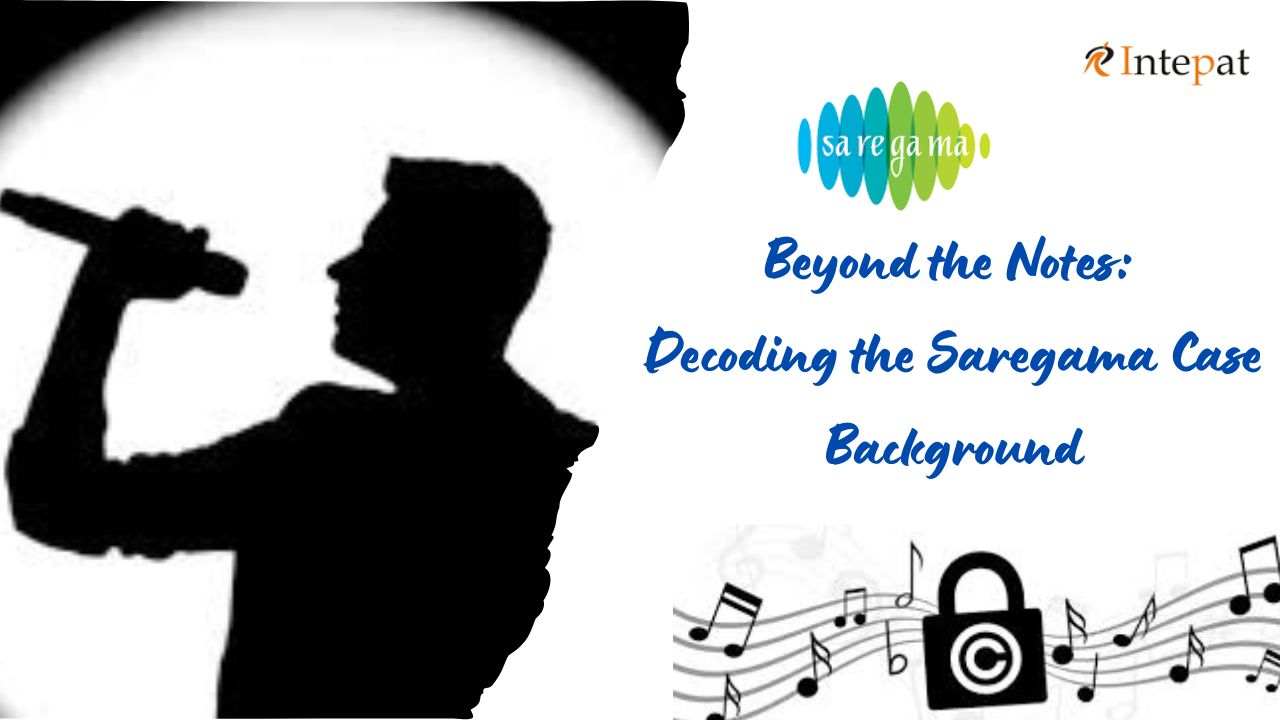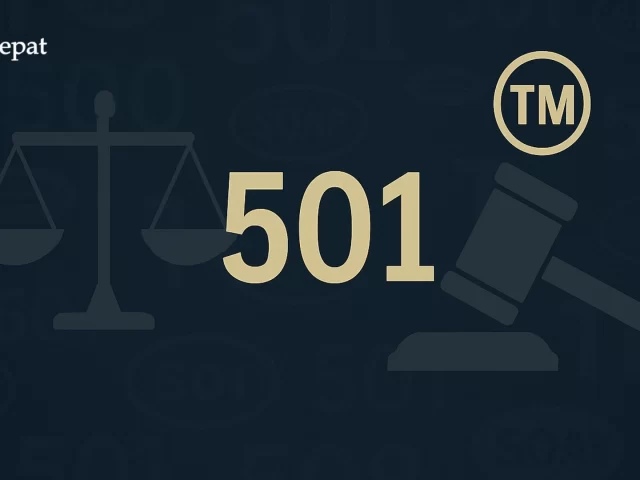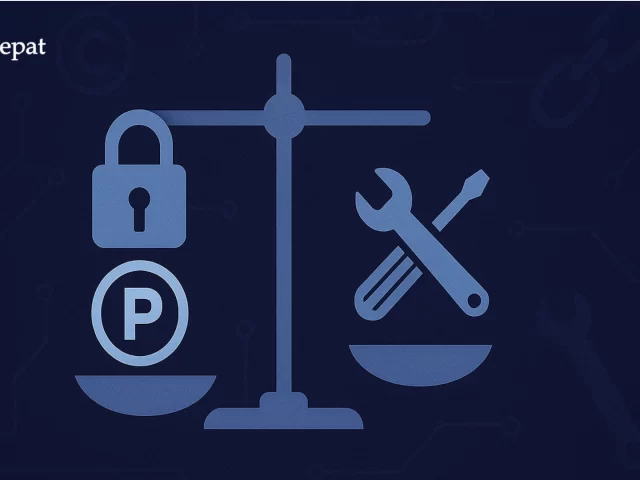“En Iniya Pon Nilave”, a timeless classic composed by the legendary Ilaiyaraaja, recently found itself at the centre of a legal tug-of-war that focused on artistry and intellectual property rights. When a song is created for a film, the producer—not the composer—is the legal owner of its copyright unless a contract says otherwise. Any reuse or adaptation, especially for commercial purposes, requires permission from the copyright owner, not just the original artist.
On January 28, the Delhi High Court ruled that Ilaiyaraaja does not own the copyright to the original composition and, therefore, cannot assign its rights to Vels Film International for use in their upcoming film Agathiyaa. Despite this, the Court acknowledged the substantial financial investment made by Vels in recreating the sound recording and permitted its usage—albeit conditionally—mandating a deposit of ₹30 lakhs as a safeguard. This judgment underscores the complex intersection of moral rights, ownership claims, and commercial exploitation in India’s copyright regime.
Background of the case:
This case concerns copyright infringement involving the song “En Iniya Pon Nilave” from the 1980 Tamil film Moodu Pani. Saregama India Limited, the plaintiff, claims ownership of the copyright in the song, including its literary and musical works, through an agreement with the producer of Moodu Pani. The defendants, including Vels Film International Limited, utilized a recreated version of the song in the upcoming film Aghathiyaa without obtaining permission or licensing from Saregama.The plaintiff alleged that the defendants published and distributed a re-recorded version of the song as part of promotional materials and the soundtrack for Aghathiyaa.Original Music Composer, the original composer of the song’s musical work, issued a license to Vels Film International Limited (Producer of Aghathiyaa). (the producer of Aghathiyaa), which Saregama challenged as illegitimate.
The issue escalated when the plaintiff discovered a teaser and sound recordings of Aghathiyaa on various media platforms that featured the recreated song.
Ownership of Copyright: A Complex Landscape:
At the core of this dispute is the question of copyright ownership. Under Indian copyright law, specifically Section 17(b) of the Copyright Act, 1957, the producer of a cinematographic film is typically recognized as the primary owner of all works created for that film—unless otherwise stipulated in a contract. Saregama India Limited’s argument hinges on an agreement with the producer of the 1980 film “Moodu Pani”, asserting that this agreement conferred upon them ownership of the song’s literary and musical elements.
In contrast, Vels Film International Limited, the producer of the upcoming film “Aghathiyaa”, contended that they acquired a license from Ilaiyaraaja, maintaining that the original composer retained the right to adapt and license the musical work. This divergence in interpretation points to a broader ambiguity within copyright law, where the relationship between creators and producers can lead to conflicting claims of ownership.
The Moral Rights vs. Commercial Exploitation:
An equally compelling aspect of this case is the tension between moral rights and the commercial exploitation of artistic works. Moral rights protect authors’ personal connection to their works, preventing alteration regardless of ownership. India’s Copyright Act, 1957, gradually evolved an author-friendly moral rights regime, offering a vital counterpoint to economic copyright considerations.
While the court acknowledged the financial investment made by Vels Film International in recreating the song and permitted conditional usage, it also highlighted the importance of respecting the original artist’s moral rights. This starkly reflects the ongoing debate around how to balance the financial viability of creative projects with the ethical considerations surrounding artistic integrity. The ruling raises fundamental questions about whether financial investments, which may justify the adaptation of a work, can truly override an artist’s moral rights to their creation.
The Impact of Legal Precedents on Future Works:
This legal dispute serves as a critical precedent for future cases involving adaptations of artistic works. The legal tussle surrounding “En Iniya Pon Nilave” is emblematic of broader challenges facing artists and producers in the modern creative economy. It encapsulates the ongoing struggle to safeguard artistic integrity while recognizing the commercial realities of the industry. This case underlines the significance of clear legal definitions regarding copyright ownership and the need for a balanced approach to the rights of creators in an increasingly commercialized artistic landscape.
This judgment highlights the need for robust frameworks in safeguarding intellectual property rights. The Delhi High Court’s ruling reaffirmed that in the absence of a specific agreement to the contrary, the producer of a cinematograph film holds primary ownership of the musical and literary works created for it. While the composer’s argument regarding adaptation rights posts the 2012 amendments is significant, it cannot override the contractual reality of earlier assignments. The case reinforces the necessity for all stakeholders—composers, producers, and production houses—to ensure clarity in ownership and licensing through well-drafted agreements. Ultimately, the judgment strikes a balance between recognizing artistic contributions and upholding the legal framework that governs intellectual property rights.
Written by Akhila Anand, Legal Intern at Intepat IP




